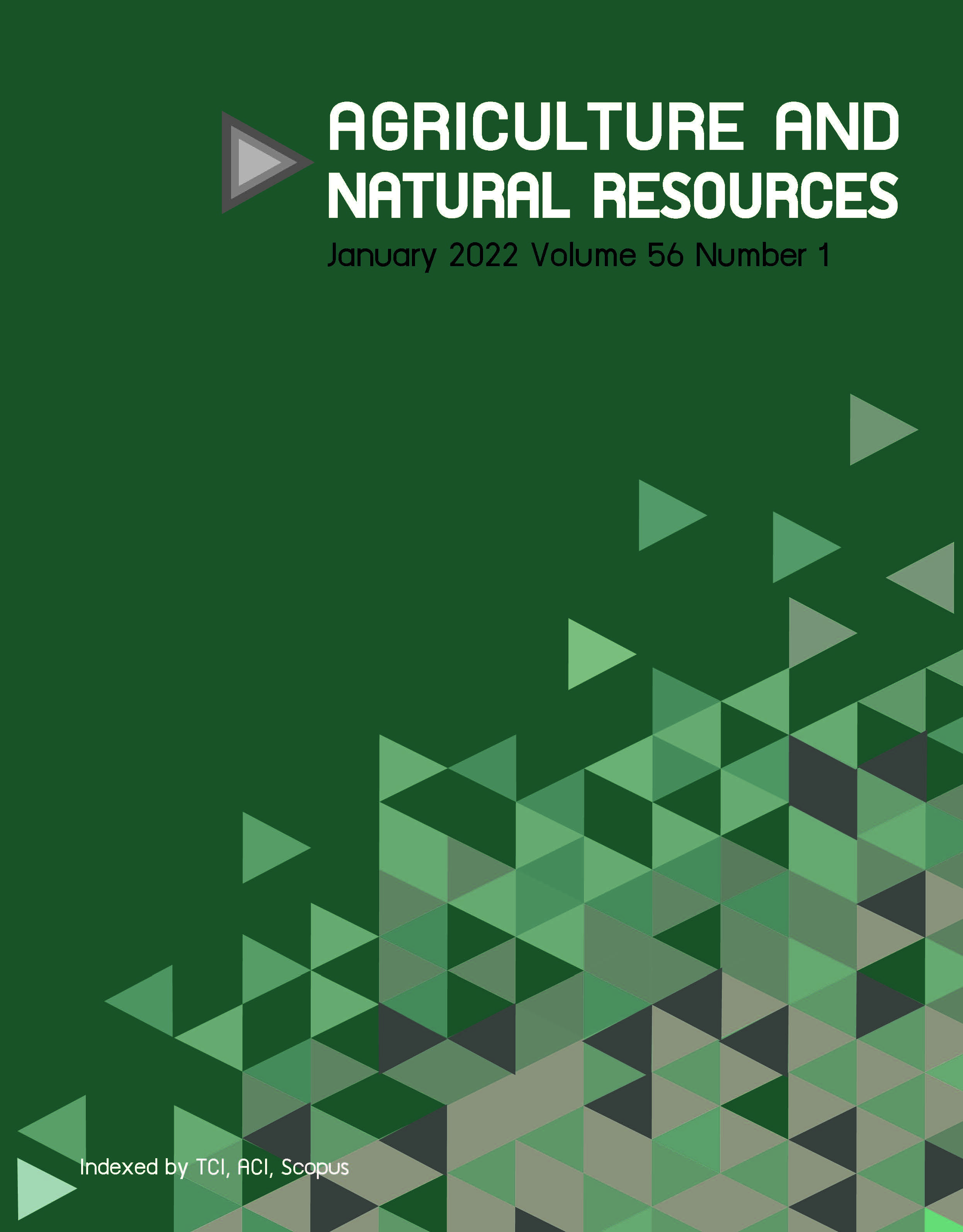Bio-waste-based lightweight cement blocks with antibacterial performance
Keywords:
Antibacterial, Bio-waste, Cement-like material, Lightweight cement blocksResearchAbstract
Importance of the work: Utilization of bio-waste-based construction materials is an effective route to create a more sustainable ecosystem.
Objectives: This research investigated fabricating lightweight cement blocks prepared from bio-wastes. Additionally, the bio-waste-based cement blocks were tailored to include antibacterial properties.
Materials & Methods: The synthetic cement-like material was prepared using a solution combustion technique, with cockleshells and rice husk ash as the key raw materials. Rice husk ash (20–60 wt%) was added to the cement-like material prior to casting. The density, compressive strength and antibacterial performance of the cement blocks were evaluated.
Results: It was found that increased rice husk ash suppressed the compressive strength. Nevertheless, the average density (1.004 g/cm3) and average compressive strength (3.65 MPa) of all cement blocks were in the acceptable ranges for industrial requirements based on recognized standards, specifically Thai Industrial Standards Institute Type C12 (TISI 2601-2556). Enhancement of the compressive strength by more than 10% could be achieved when jute fibers were added. A colony count method was used to determine antimicrobial performance of the lightweight cement blocks. Addition of the powder obtained from the cement blocks into the Petri plates containing Gram-positive Staphylococcus aureus and Gram-positive Bacillus cereus indicated successful reductions of more than 99% of Staphylococcus aureus and Bacillus cereus colonies.
Main finding: Cement-like material, which was successfully synthesized from bio-waste, was used in fabrication of jute fiber-reinforced eco-friendly lightweight cement blocks. In addition to acceptable density and compressive strength, the cement blocks demonstrated antibacterial performance.
Downloads
Published
How to Cite
Issue
Section
License
Copyright (c) 2022 Kasetsart Universityonline 2452-316X print 2468-1458/Copyright © 2022. This is an open access article under the CC BY-NC-ND license (http://creativecommons.org/licenses/by-nc-nd/4.0/),
production and hosting by Kasetsart University of Research and Development Institute on behalf of Kasetsart University.







